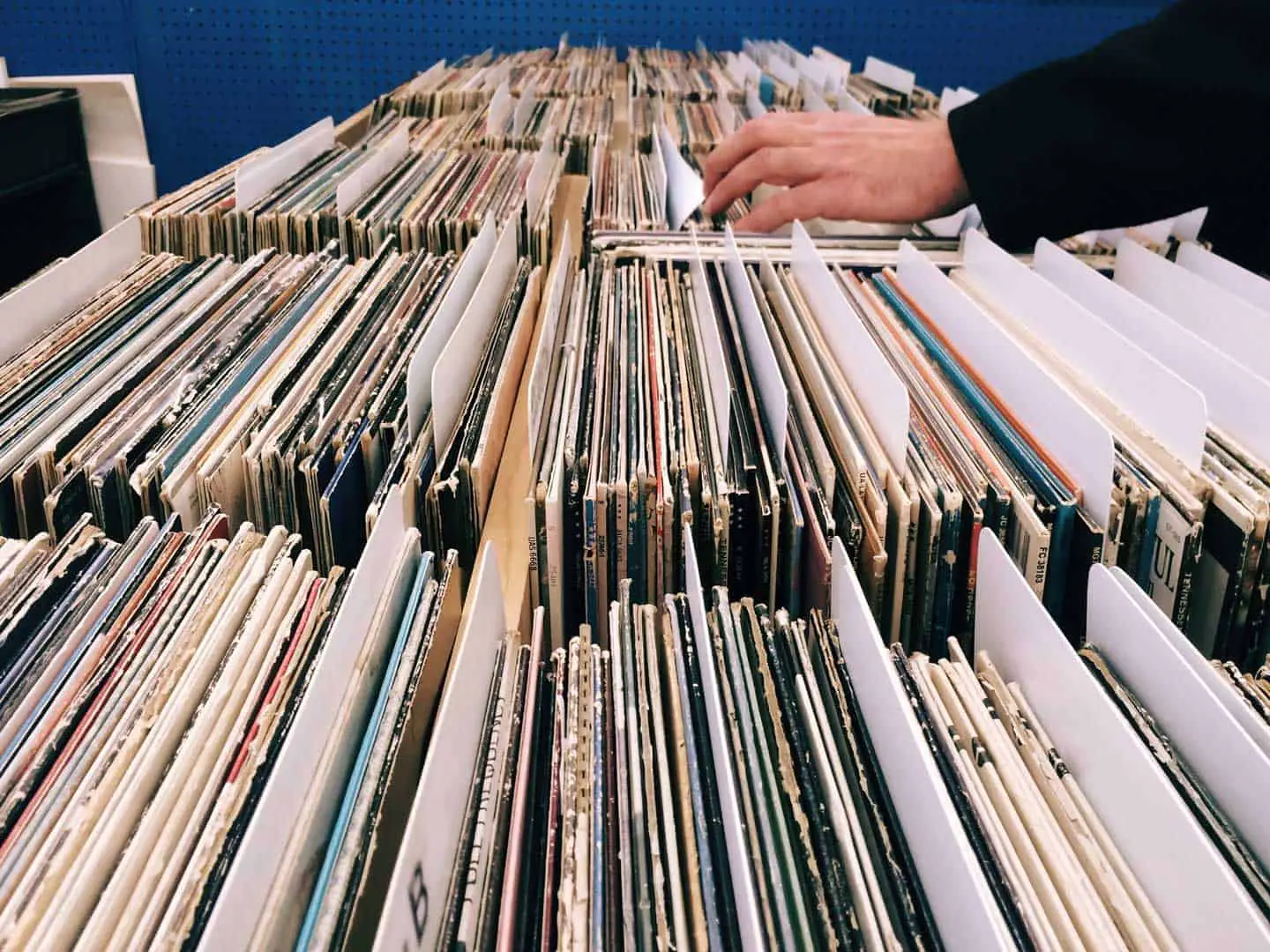

Articles
How To Store Vinyl Records Properly
Modified: January 19, 2024
Learn the best techniques for storing your vinyl records properly in this comprehensive collection of articles. Protect your precious collection and preserve their quality.
(Many of the links in this article redirect to a specific reviewed product. Your purchase of these products through affiliate links helps to generate commission for Storables.com, at no extra cost. Learn more)
Introduction
Vinyl records have made a remarkable comeback in recent years, captivating music enthusiasts with their rich sound and nostalgic charm. Whether you are a seasoned collector or a casual listener, it is important to understand the significance of properly storing your vinyl records. The way you store your records can significantly impact their longevity and sound quality.
Proper storage not only preserves the physical condition of your vinyl records but also ensures that they maintain their optimal sound quality over time. By following the right storage techniques, you can prevent warping, scratches, and other damage that can affect the playback experience.
Choosing the right storage unit, cleaning and preparing your vinyl records, arranging and sorting them effectively, maintaining the ideal environment, and handling and moving them safely are all essential aspects of proper vinyl record storage. In this article, we will delve into each of these areas to provide you with a comprehensive guide on how to store your vinyl records properly.
Whether you have a small collection or a vast library of vinyl records, these tips and techniques will help you protect your cherished albums and preserve their quality for years to come. So, let’s dive in and explore the world of vinyl record storage together!
Key Takeaways:
- Properly storing vinyl records is crucial for preserving their condition, sound quality, and value. Choose the right storage unit, clean and prepare your records, and maintain the ideal environment to ensure their longevity and enjoyment.
- Organize and sort your vinyl records effectively to enhance accessibility and enjoyment. By arranging them systematically and maintaining a suitable storage environment, you can protect your cherished collection and relish the nostalgic experience of vinyl records.
Read more: How To Store Records Properly
The Importance of Properly Storing Vinyl Records
Properly storing vinyl records is essential for preserving their condition and ensuring optimal sound quality. Here are a few reasons why it is important to store your vinyl records correctly:
- Preservation of physical condition: Vinyl records are delicate and can easily be damaged if not stored properly. Scratches, warping, and dust accumulation can all affect the playability and longevity of your records. By storing them correctly, you can minimize the risk of physical damage and keep them in pristine condition.
- Protection against environmental factors: Vinyl records are highly susceptible to changes in temperature, humidity, and exposure to sunlight. Extreme temperatures can cause warping, while fluctuating humidity levels can lead to mold growth or degradation of the vinyl material. Sunlight can fade album covers and affect the overall quality of your records. Proper storage helps shield your vinyl records from these environmental factors and ensures their longevity.
- Preservation of sound quality: Vinyl records are cherished for their warm, rich, and high-fidelity sound. However, improper storage can introduce noise, pops, and crackles, compromising the listening experience. Dust, static electricity, and improper handling can all impact sound quality. By storing your records correctly, you can minimize these issues and enjoy the best possible sound reproduction.
- Investment preservation: Vinyl records, particularly rare and collectible editions, can be valuable assets. Properly storing them helps maintain their value and enhances their potential for future resale or investment. By taking care of your vinyl records, you are protecting your investment and ensuring their worth over time.
- Organized collection management: Proper storage allows for better organization and management of your vinyl record collection. By arranging them in a logical and systematic manner, you can easily locate and access your favorite albums when you want to enjoy them. This enhances your overall listening experience and ensures that every record in your collection receives the attention it deserves.
By understanding the importance of properly storing your vinyl records, you can ensure their longevity, preserve their sound quality, and protect your investment. In the following sections, we will delve into the various aspects of vinyl record storage and provide you with practical tips to keep your collection in top-notch condition.
Choosing the Right Storage Unit for Your Vinyl Collection
When it comes to storing your vinyl records, selecting the right storage unit is crucial. Here are some factors to consider when choosing a storage unit for your vinyl collection:
- Size: Assess the size of your vinyl collection and choose a storage unit that provides enough space to accommodate your records. Consider both the number of records you currently have and any potential growth in your collection.
- Shelves or Cubes: Look for storage units that have sturdy and adjustable shelves or cubes. This will allow you to customize the space according to the size of your records and provide adequate support to prevent warping.
- Stability: Ensure that the storage unit is stable and secure. Avoid units that are prone to tipping or wobbling, as this can increase the risk of your records falling or getting damaged.
- Material: Opt for storage units made from high-quality materials to ensure durability. Metal or wood are commonly used materials for storage units, as they provide a stable and secure environment for vinyl records.
- Accessibility: Consider how easily you can access your records from the storage unit. Look for units with doors, drawers, or open fronts that provide convenient access to your collection. This will make it easier to retrieve and enjoy your vinyl records.
- Protection from Dust and Light: Vinyl records are prone to collecting dust, which can affect the sound quality and cause damage over time. Choose a storage unit that provides protection from dust, such as units with closed backs or glass doors. Additionally, consider units with UV-protected glass or covers to shield your records from harmful sunlight.
- Temperature and Humidity Control: Ideally, choose a storage unit that offers temperature and humidity control. Vinyl records are sensitive to extreme temperature fluctuations and high humidity levels, which can lead to warping and mold growth. Temperature-controlled units help maintain a stable environment for your records.
- Location: Finally, consider the location of the storage unit. Select a place in your home or a dedicated storage facility that is away from direct sunlight, moisture, and potential hazards like water leaks or pests.
By considering these factors, you can choose a storage unit that meets the specific needs of your vinyl collection. Remember, investing in a suitable storage unit is vital for ensuring the long-term preservation of your records.
Cleaning and Preparing Your Vinyl Records for Storage
Before storing your vinyl records, it is important to clean and prepare them properly. Here are some steps to follow:
- Inspect for any visible dirt or debris: Carefully examine each record for dust, fingerprints, or any other visible dirt or debris. Gently remove them using a carbon fiber brush or a microfiber cloth. Avoid using rough or abrasive materials that can scratch the surface.
- Deep clean your records: For a thorough cleaning, use a record cleaning solution specifically designed for vinyl records. Apply a few drops of the solution to a clean microfiber cloth or a record cleaning brush and gently wipe the surface of the record in a circular motion. Be sure to follow the instructions provided with the cleaning solution.
- Remove static electricity: Static electricity can attract dust particles to your vinyl records. To remove static, use an anti-static brush or a carbon fiber brush specifically designed for this purpose. Lightly run the brush along the surface of the record before storing it.
- Store records in protective sleeves: Place each cleaned record into a high-quality, anti-static inner sleeve. These sleeves help to prevent scratches and static buildup. Avoid using paper sleeves, as they can create friction and potentially damage the surface of the record.
- Protect album covers: Vinyl records often come with album covers that are equally important. To protect them, slide each record back into its original album cover or use polyethylene outer sleeves. This prevents dust, moisture, and sunlight from damaging the artwork and keeps the covers in good condition.
- Use dividers for organization: If you have a large vinyl collection, it can be helpful to use dividers or index cards to separate and categorize your records. This allows for easy browsing and minimizes the risk of accidentally damaging records while searching for a specific album.
- Avoid overpacking: When storing your records, avoid overcrowding or overpacking them into the storage unit. This can increase the risk of warping or damaging the records. Leave enough space between each record to ensure proper airflow and minimize the risk of pressure being exerted on the vinyl surface.
- Keep records upright: Store your vinyl records in an upright position whenever possible. This reduces the risk of warping, as the weight is evenly distributed across the record. If you need to stack records, use dividers between each record to prevent them from leaning against each other.
By properly cleaning and preparing your vinyl records for storage, you can ensure that they remain in a pristine condition and are ready to be enjoyed whenever you feel the nostalgia calling!
Arranging and Sorting Your Vinyl Records
Arranging and sorting your vinyl records not only enhances the organization of your collection but also makes it easier to locate specific albums. Here are some tips for effectively arranging and sorting your vinyl records:
- Organize by genre or artist: One common approach is to arrange your records by genre or artist. This allows for easy browsing and helps you quickly find albums by your favorite artists or within specific genres.
- Alphabetical order: Another popular method is to arrange your records alphabetically by the artist’s name or band name. This arrangement makes it simple to locate a specific album and keeps your collection well-organized.
- Numerical order: If you have a curated collection of classical or jazz records, arranging them by numerical order based on the catalog number can be beneficial. This approach follows the chronological release order of the albums.
- Chronological order: You can also choose to sort your records in chronological order, starting from the oldest release to the newest. This arrangement can give you a sense of your collection’s historical evolution.
- Personalized order: Feel free to develop your own unique arrangement method that makes sense to you. For example, you may want to organize your records by mood, decade, or any other criterion that resonates with your personal listening preferences.
- Dividers and tags: To facilitate the sorting process, use dividers or tags to clearly mark different sections or categories within your collection. This makes it easier to navigate and maintain the organization.
- Consider box sets and compilations: If you have box sets or compilations, you may choose to keep them separate from your main collection or integrate them according to your sorting method. Find a system that works best for you and keeps your collection cohesive.
- Leave room for growth: As your collection grows, ensure that you have enough space in your storage unit to accommodate new additions. Plan ahead and leave room for expansion to prevent overcrowding and potential damage to your records.
Remember, the key to effective arrangement and sorting is finding a system that suits your preferences and makes it easy for you to access and enjoy your vinyl records. Take the time to plan and organize your collection, and you’ll have a satisfying and well-structured library of music at your fingertips.
Store vinyl records vertically to prevent warping and damage to the grooves. Keep them in a cool, dry place away from direct sunlight and extreme temperatures.
Read more: How To Store Vinyl Records
Maintaining the Ideal Environment for Vinyl Record Storage
Creating and maintaining the ideal environment for vinyl record storage is crucial to preserve their quality and longevity. Here are some key factors to consider:
- Temperature: Vinyl records are sensitive to temperature fluctuations. Ideally, the storage area should be kept between 60-70°F (15-21°C). Avoid extreme temperature changes, as they can cause warping or damage to the vinyl surface.
- Humidity: The ideal humidity level for vinyl record storage is between 40-60%. High humidity can lead to mold growth, while low humidity can cause the records to become brittle. Use a hygrometer to monitor the humidity levels and consider using a dehumidifier or humidifier to maintain a stable environment, if necessary.
- Light: Vinyl records are vulnerable to sunlight and ultraviolet (UV) rays. Exposure to direct light can fade album covers and damage the vinyl material. Keep your storage area away from windows or use UV-protected curtains or blinds to block out sunlight. If your storage unit has glass doors, consider using UV-protective film.
- Air Circulation: Proper air circulation is essential to prevent the build-up of moisture and the growth of mold. Avoid storing your records in airtight containers or in areas with poor ventilation. Ensure that there is sufficient airflow around your records to maintain their freshness and prevent any unwanted odors.
- Dust and Dirt: Minimize dust and dirt accumulation by keeping your storage area clean. Regularly dust the shelves or storage unit, and vacuum or sweep the floor to prevent debris from settling on your records. Consider using air purifiers or cover your records with dust covers for additional protection.
- Pest Control: Protect your vinyl records from pests such as insects and rodents. Ensure that your storage area is free from any potential entry points or infestations. Use pest control methods if necessary, but avoid using any chemicals or sprays near your records as they can cause damage.
- Avoid Excessive Weight: Do not place heavy objects or stack too many records on top of each other. Excessive weight can cause the records to warp or become damaged over time. Use sturdy shelves or storage units that can properly support the weight of your vinyl collection.
- Regular Maintenance: Periodically check on your records and the storage environment. Inspect for any signs of damage, mold growth, or shifts in temperature or humidity. Clean your records as necessary and make adjustments to the storage area to maintain optimal conditions.
By maintaining the ideal environment for vinyl record storage, you can ensure that your records remain in excellent condition. Remember to monitor and adjust the storage conditions as needed to protect your valuable collection and enjoy the music for years to come.
Handling and Moving Your Vinyl Records Safely
Properly handling and moving your vinyl records is crucial to prevent damage and maintain their quality. Here are some key tips to follow:
- Wash your hands: Before handling your records, it is essential to wash your hands thoroughly. This removes any oils, dirt, or debris that can transfer onto the vinyl surface and potentially damage it.
- Handle records by the edges: When picking up or moving records, always hold them by the edges or the label area. Avoid touching the playing surface or the grooves, as this can leave fingerprints or scratches that affect the sound quality.
- Use record sleeves: Protective sleeves provide an extra layer of defense for your records. Keep the sleeves on when handling and moving the records to minimize the risk of accidental scratches or other damage.
- Support the weight: When moving multiple records or a stack of records, support the weight with both hands. Avoid bending or flexing the records, as this can cause warping or damage to the vinyl material.
- Avoid stacking records horizontally: It is best to store and move records vertically to prevent warping. When transporting records in a box or a crate, position them upright to minimize the pressure on the records and ensure their stability.
- Use proper storage containers: When moving your vinyl records, choose storage containers specifically designed for records such as record crates or boxes. These containers provide better protection, stability, and proper size for vinyl records.
- Secure records during transportation: If you are transporting your vinyl records in a vehicle, make sure they are secure and properly packaged to prevent them from shifting or falling. Use seat belts, cushioning materials, or specific record carrying cases to keep them safe.
- Avoid extreme temperatures: During transportation, try to avoid exposing your records to extreme temperatures. Leaving them in a hot car or subjecting them to freezing temperatures can cause irreversible damage. Take precautions to protect your records from temperature fluctuations.
- Move records separately from turntables: When moving your audio equipment, separate the turntable from the records. The vibrations and movements generated by the turntable can transfer to the records and potentially damage them. Keep the records securely stored during the transportation of your audio setup.
- Avoid overcrowding: Whether you are storing or transporting records, avoid overcrowding. Over-packed storage containers or tightly stacked records can lead to pressure, warping, or accidental handling damage. Leave enough room for the records to breathe and remain undisturbed.
By following these safe handling and moving practices, you can ensure that your vinyl records remain in excellent condition and continue to bring joy and music into your life.
Tips for Long-Term Storage of Vinyl Records
Long-term storage of vinyl records requires careful attention to ensure their preservation and maintain their quality. Here are some tips to help you store your vinyl records for extended periods:
- Choose a dedicated storage space: Select a dedicated area in your home or a storage facility specifically designed for vinyl record storage. This helps create a controlled environment and minimizes the risk of damage from external factors.
- Use proper storage containers: Invest in high-quality storage containers that are specifically designed for vinyl records. These containers should be sturdy, dust-proof, and provide sufficient space without overcrowding the records. Avoid containers made of materials that emit harmful gases or acids that can damage the vinyl material.
- Store records vertically: Keep your records stored vertically on shelves or in dedicated storage units. Storing them upright reduces the risk of warping and allows for easy browsing and selection of albums.
- Provide adequate support: Use sturdy and adjustable shelves or dividers to ensure that the records are properly supported and don’t lean against each other or become misshapen over time.
- Protect from dust: Keep your records protected from dust by using inner sleeves, outer sleeves, or polyethylene covers. Regularly dust the shelves and clean the storage area to prevent dust buildup and protect the records’ playing surfaces.
- Manage humidity and temperature: Maintain a stable environment for your vinyl records by controlling both temperature and humidity levels. Aim for a temperature range of 60-70°F (15-21°C) and humidity between 40-60%. Use a dehumidifier or humidifier if necessary to achieve these ideal conditions.
- Avoid direct sunlight: Sunlight can fade album covers and damage the vinyl material. Keep your storage area away from windows or use UV-protected curtains or blinds to shield your records from harmful UV rays.
- Regularly inspect your records: Periodically check your records for signs of damage or deterioration. Inspect for mold, warping, or any visible issues that might require attention. This helps you identify and address any problems before they cause irreversible damage to your collection.
- Avoid excessive handling: Minimize the handling of your vinyl records to reduce the risk of accidental damage. When retrieving a record, handle it by the edges and avoid touching the playing surface or the grooves.
- Avoid extreme temperature changes: Rapid or extreme temperature fluctuations can cause warping or damage to vinyl records. Avoid exposing them to temperature changes, such as storing them in a basement prone to temperature variations or placing them near heating or cooling vents.
- Keep records away from potential hazards: Store your records away from potential hazards like water sources, leaks, pests, or chemicals that can damage the records or their storage containers. Ensure that the storage area is clean, secure, and free from any damaging elements.
By following these tips, you can ensure that your vinyl records are protected and preserved during long-term storage. Your collection will remain in excellent condition, ready to deliver the joy of music whenever you choose to indulge in nostalgia.
Conclusion
Properly storing your vinyl records is essential for preserving their condition, sound quality, and longevity. By following the tips and techniques outlined in this article, you can ensure that your vinyl record collection remains in excellent shape and brings you joy for years to come.
Start by choosing the right storage unit that provides adequate space and protection for your records. Consider factors such as size, stability, temperature control, and protection from dust and light. Cleaning and preparing your vinyl records before storage is also crucial. Take the time to remove dust, dirt, and static electricity using appropriate tools and cleaning solutions.
Arranging and sorting your vinyl records in a systematic manner makes it easier to locate and enjoy your favorite albums. Whether you choose to organize them by genre, artist name, or any other method, find a system that works for you and allows for easy browsing and management of your collection.
Maintaining the ideal environment for vinyl record storage is vital. Pay attention to factors such as temperature, humidity, light exposure, air circulation, and dust control. Regularly inspect your records and the storage area to address any issues promptly.
When handling and moving your vinyl records, take precautions to protect them from scratches, warping, and other damage. Remember to handle records by the edges, support their weight, and use proper storage containers during transportation.
For long-term storage, create a dedicated space that provides a controlled environment. Use high-quality storage containers, store records vertically to prevent warping, and protect them from dust, light, and potential hazards.
By implementing these strategies, you can ensure that your vinyl records remain in excellent condition, preserving their sound quality and value. Enjoy the rich and nostalgic experience of vinyl records, knowing that you have taken the necessary steps to care for and protect your cherished collection.
So, go ahead and dive into the magical world of vinyl record storage. Your collection deserves the attention, care, and preservation that will make it last a lifetime.
Frequently Asked Questions about How To Store Vinyl Records Properly
Was this page helpful?
At Storables.com, we guarantee accurate and reliable information. Our content, validated by Expert Board Contributors, is crafted following stringent Editorial Policies. We're committed to providing you with well-researched, expert-backed insights for all your informational needs.
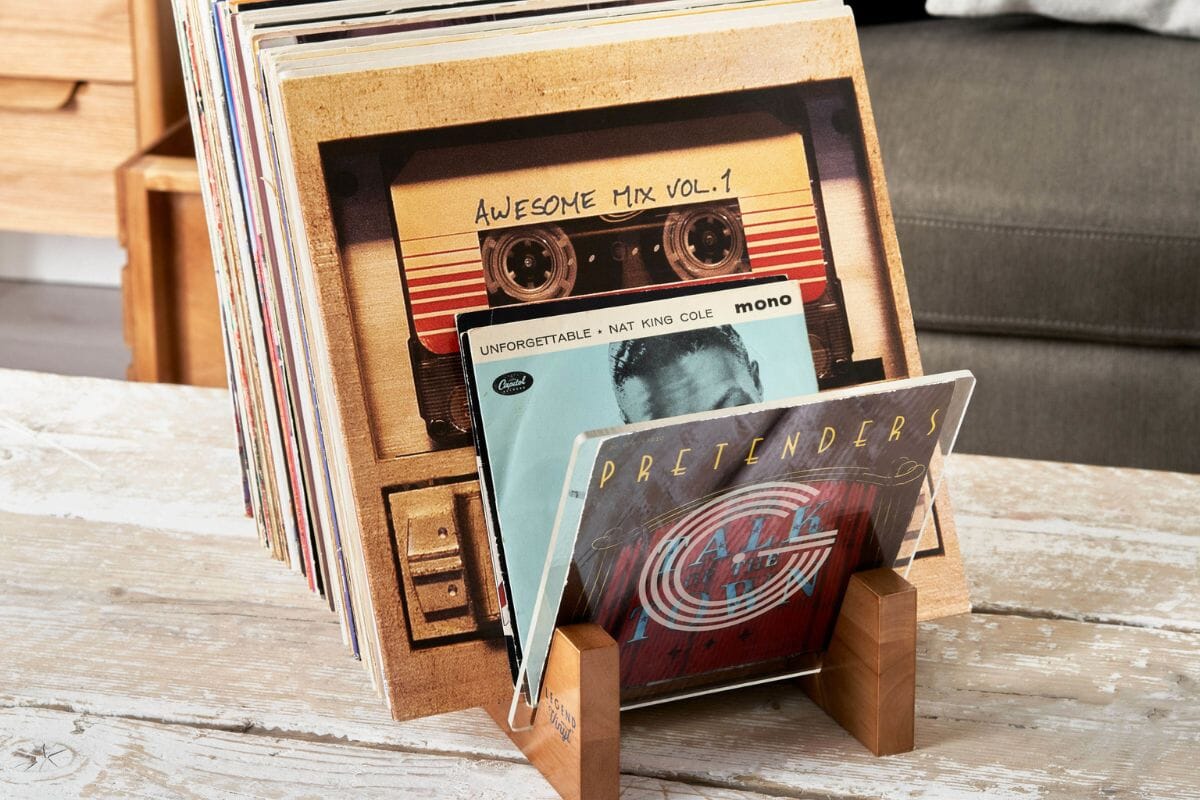
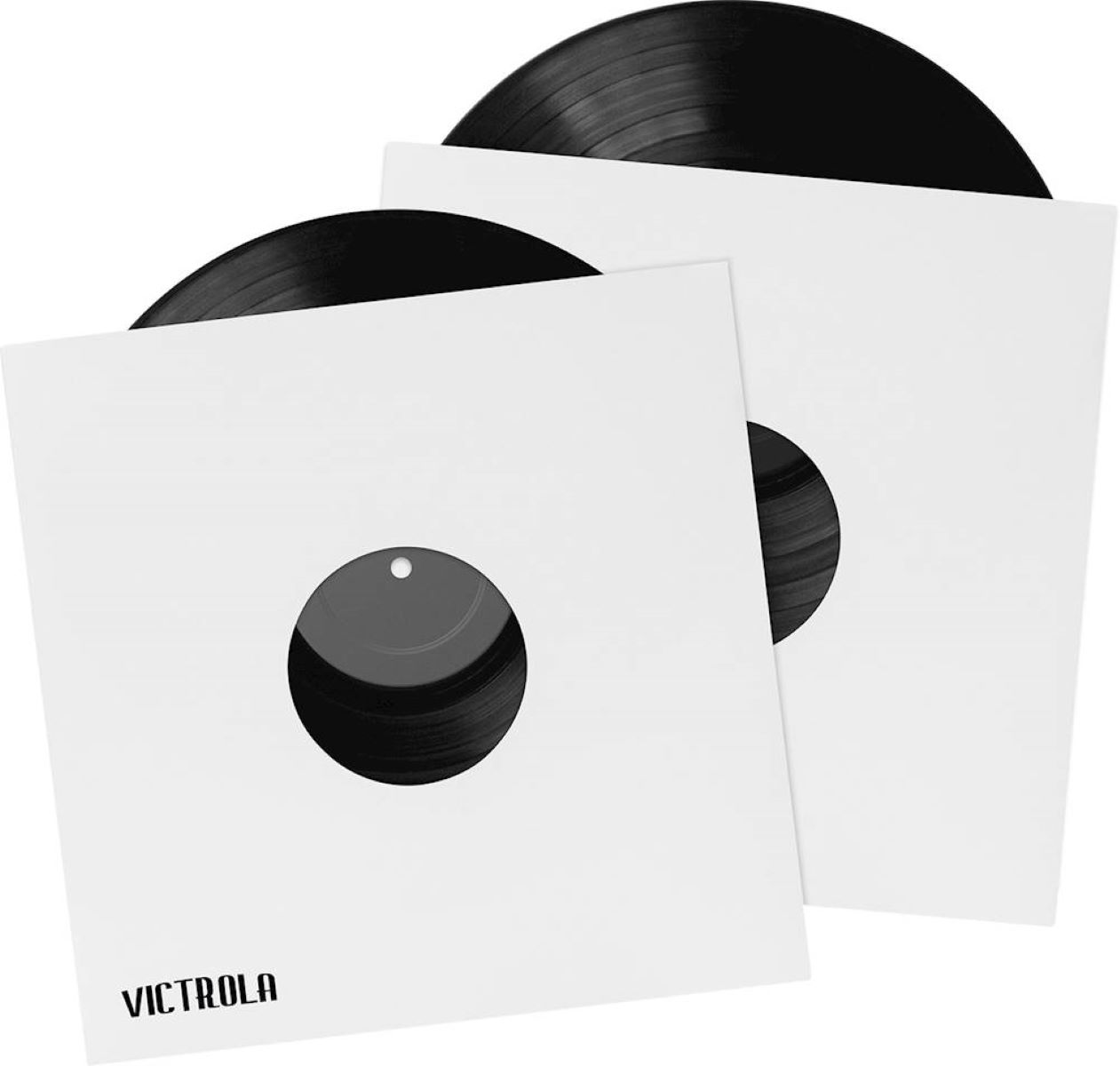
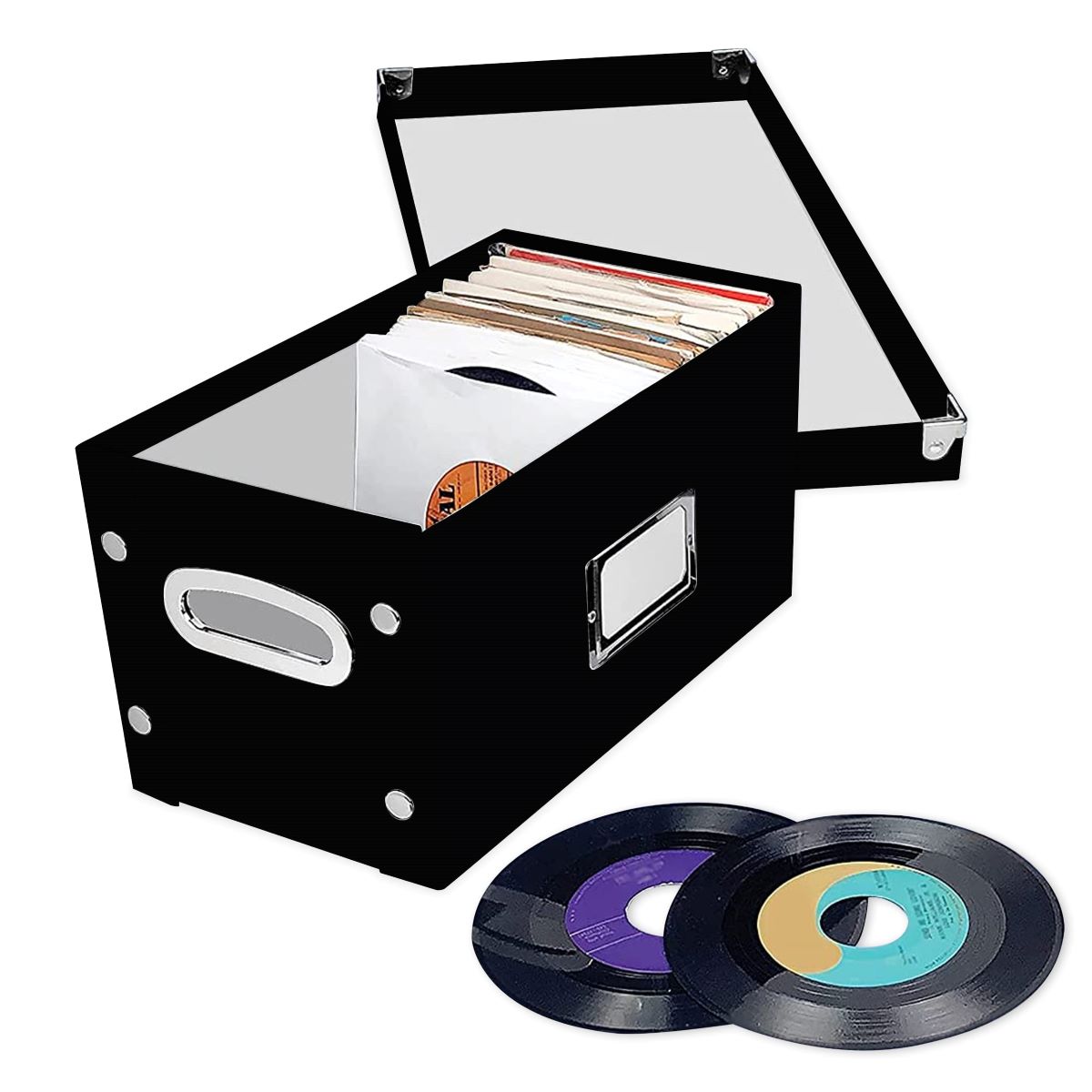
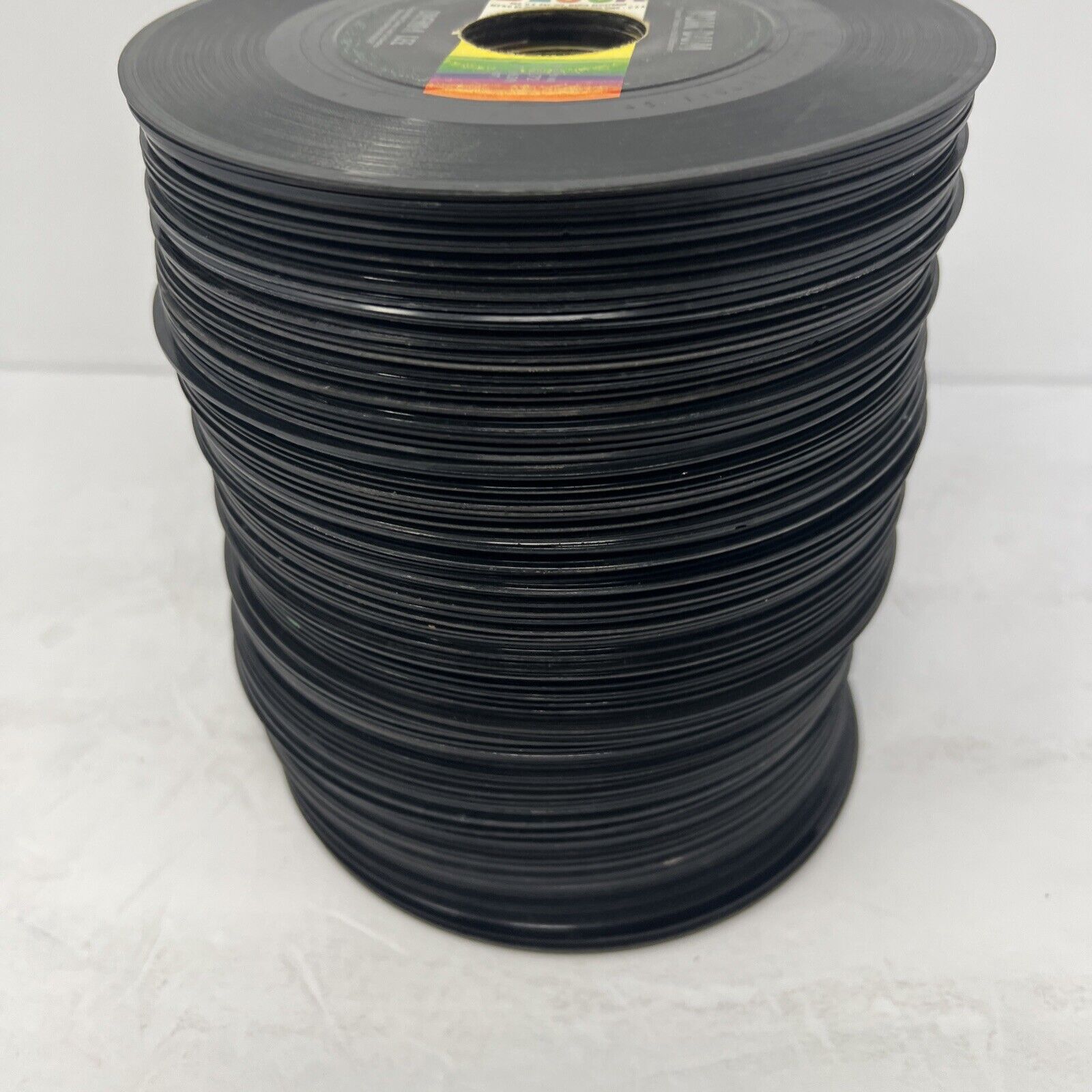
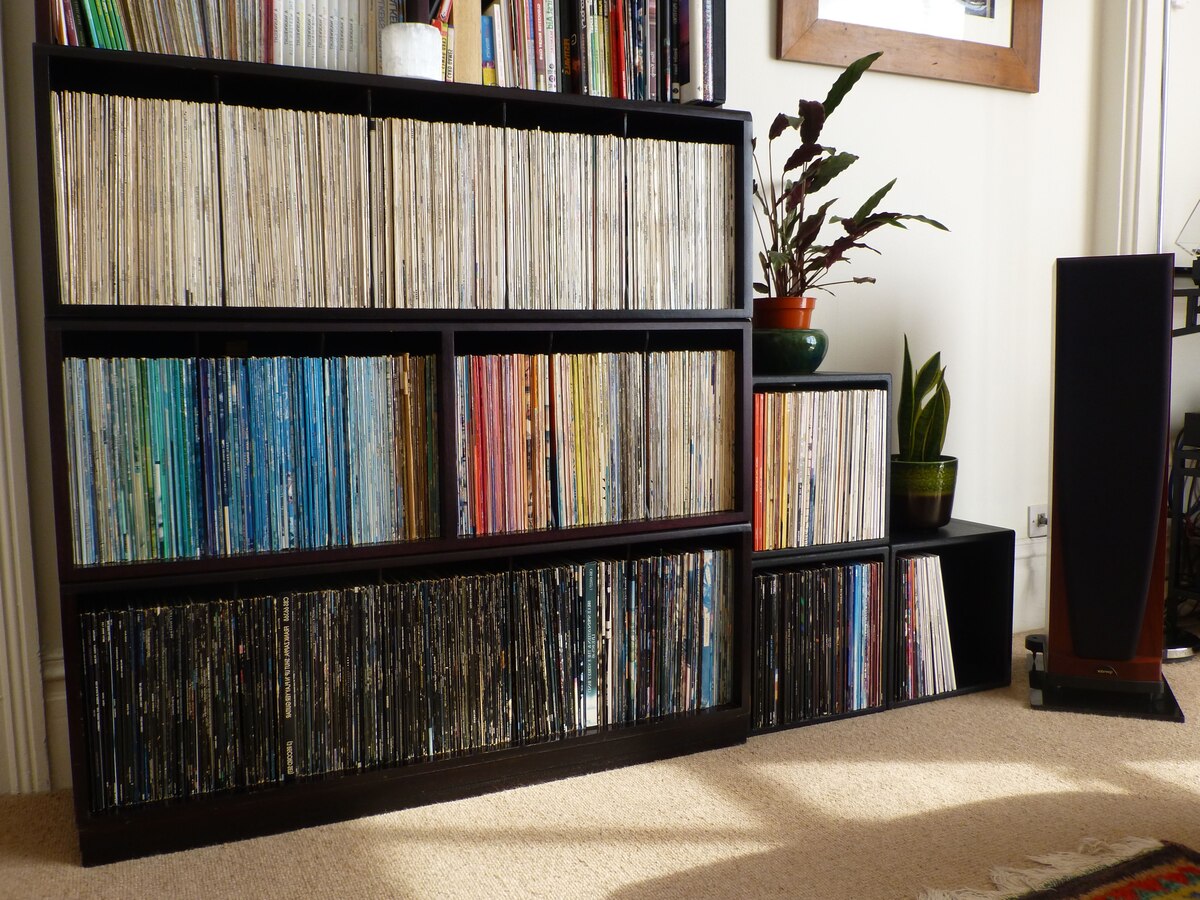
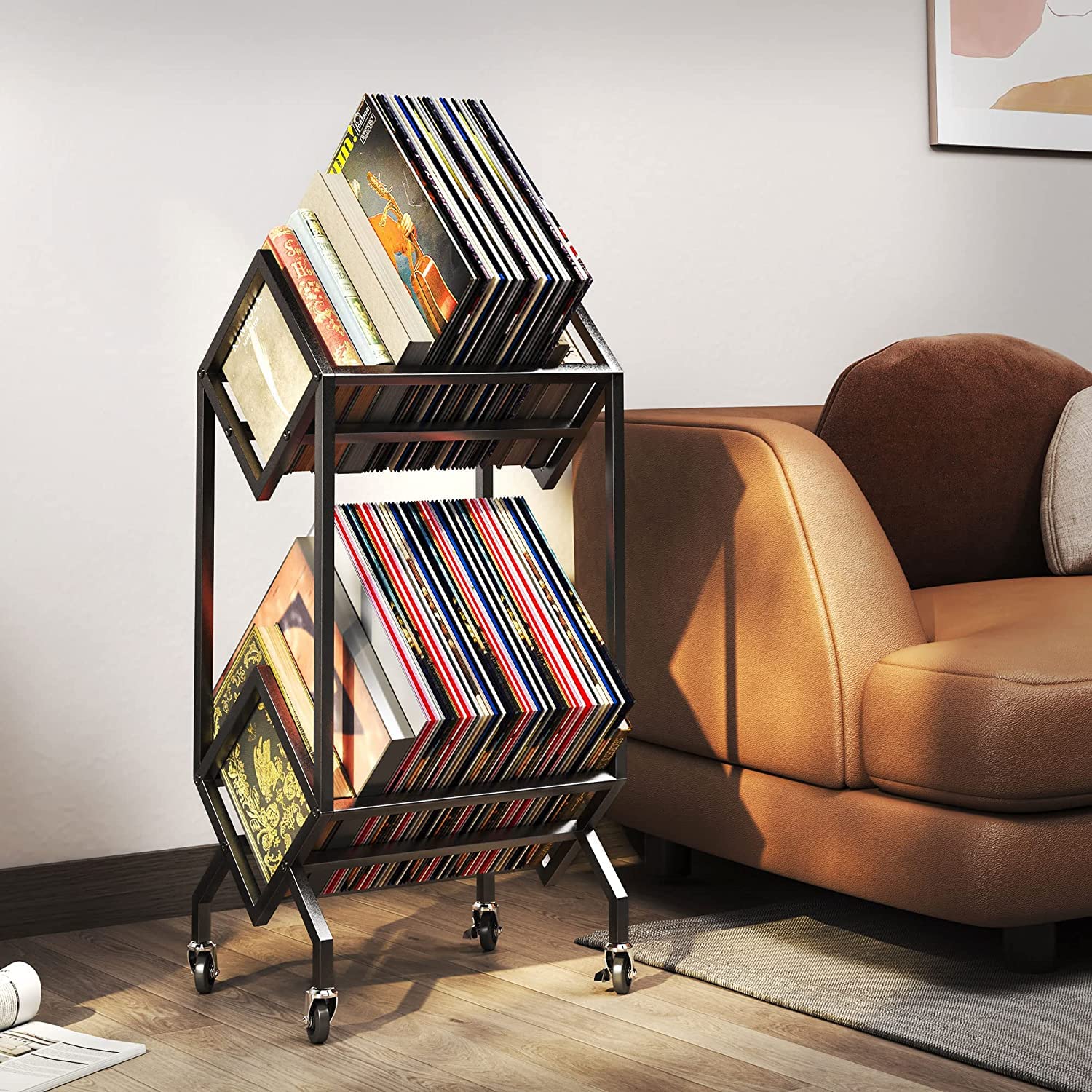
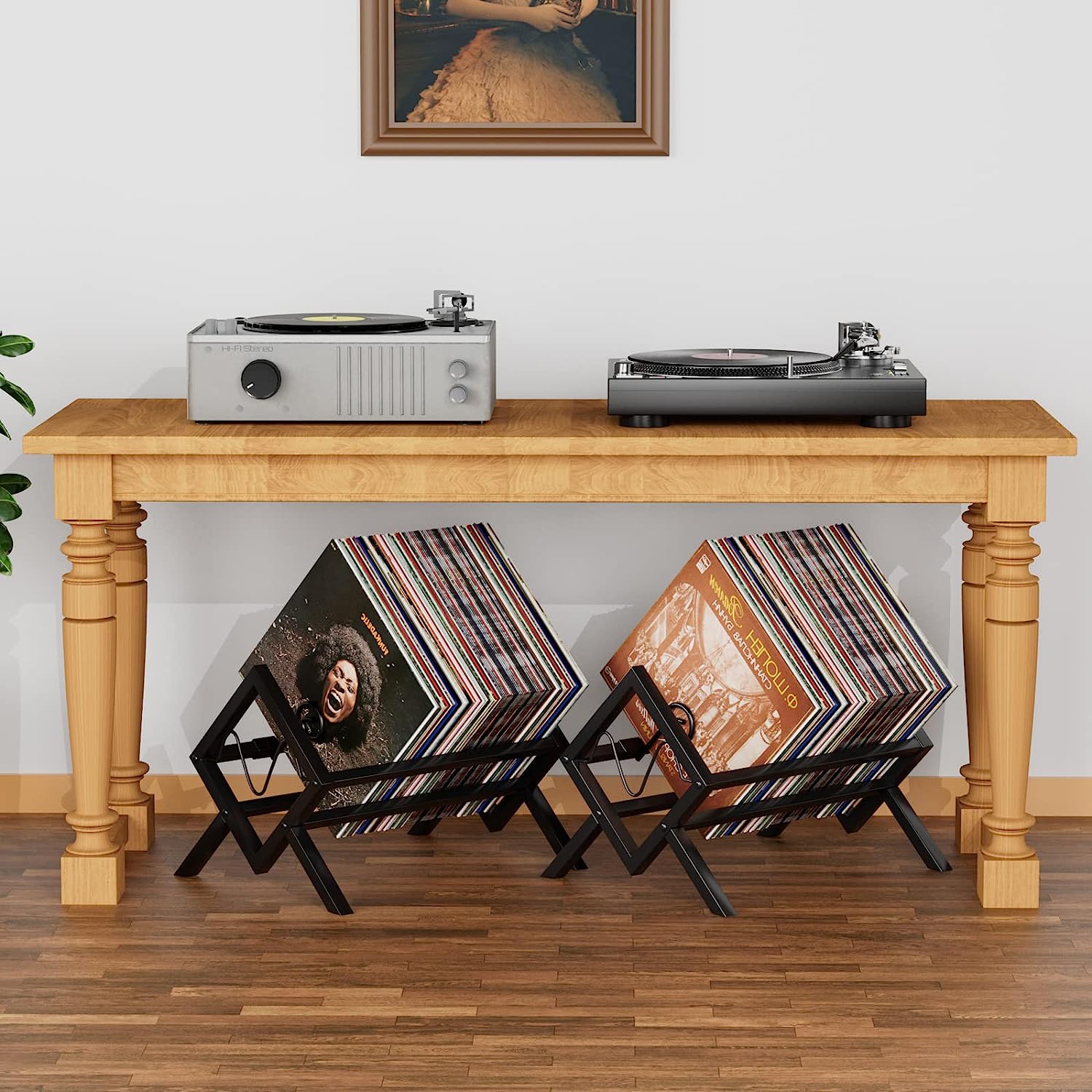
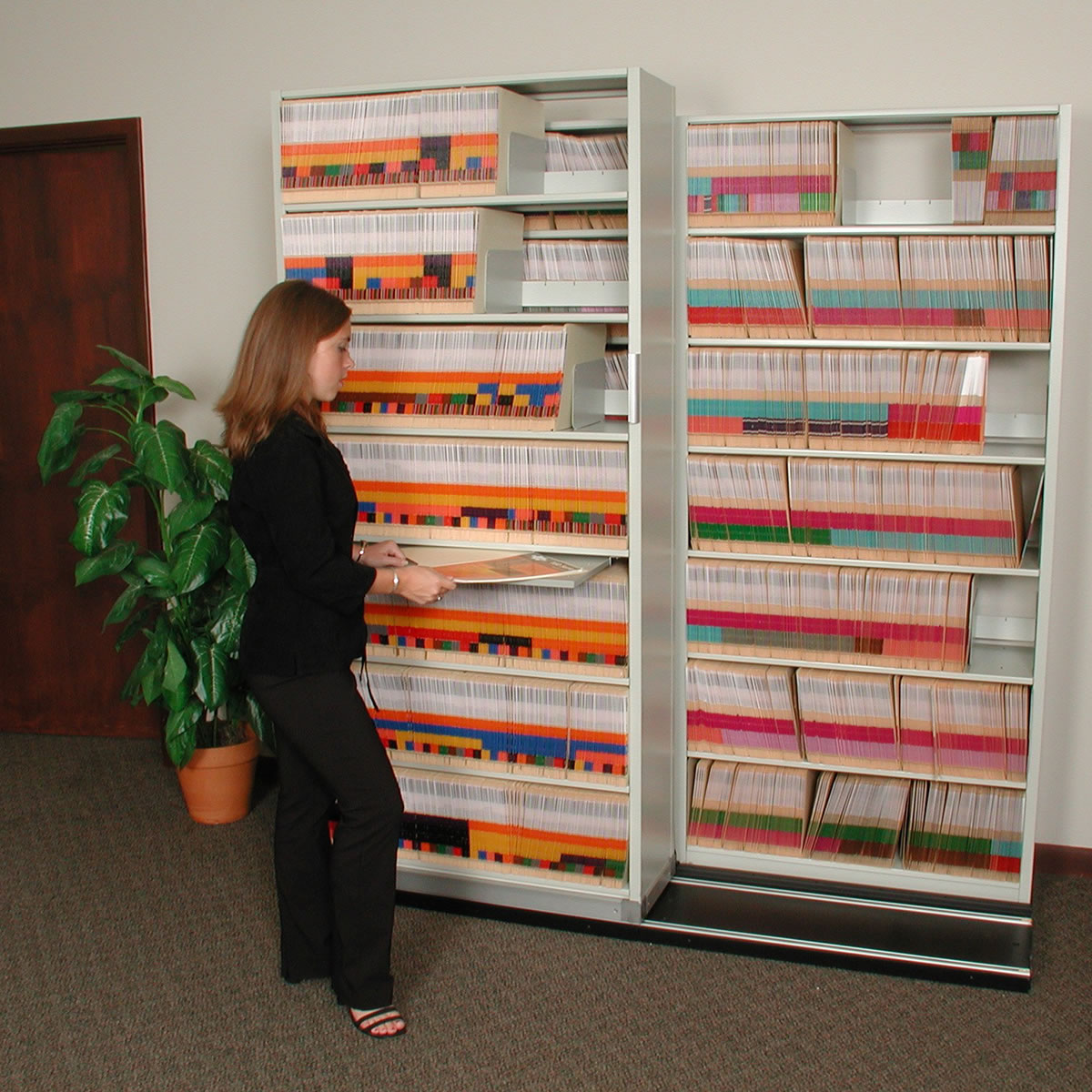
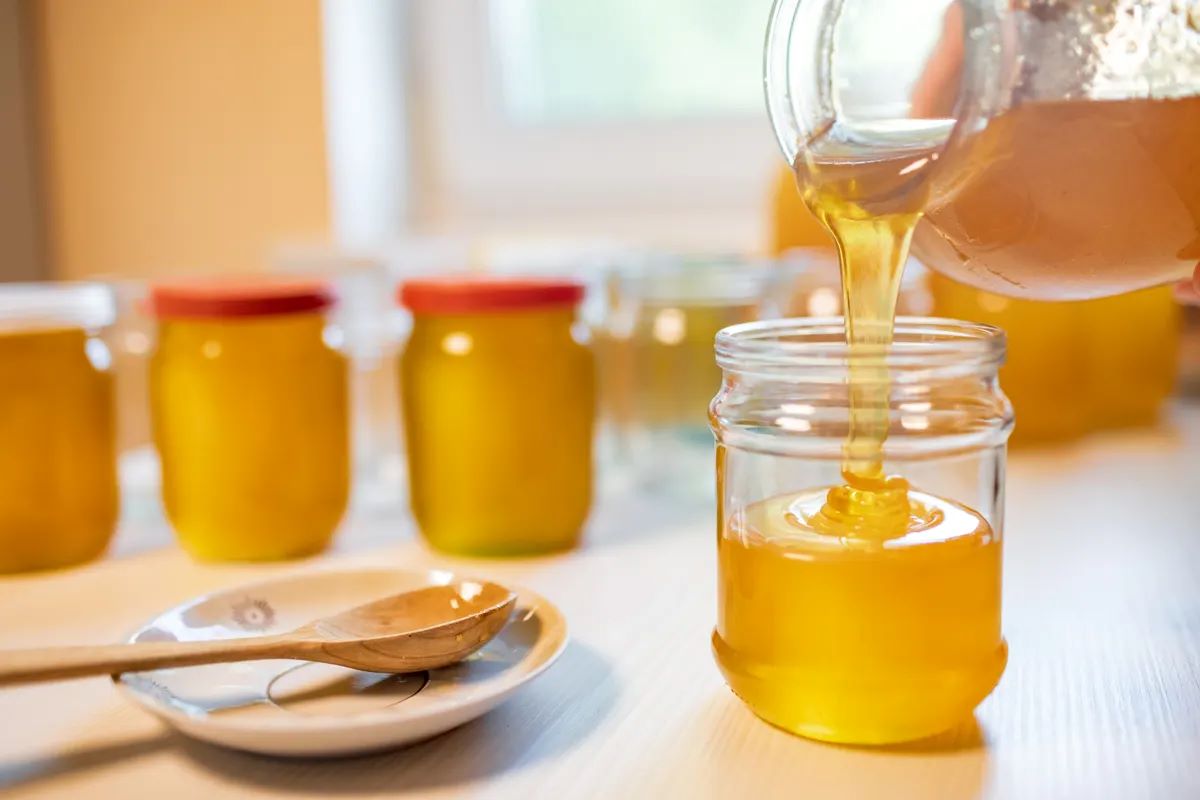
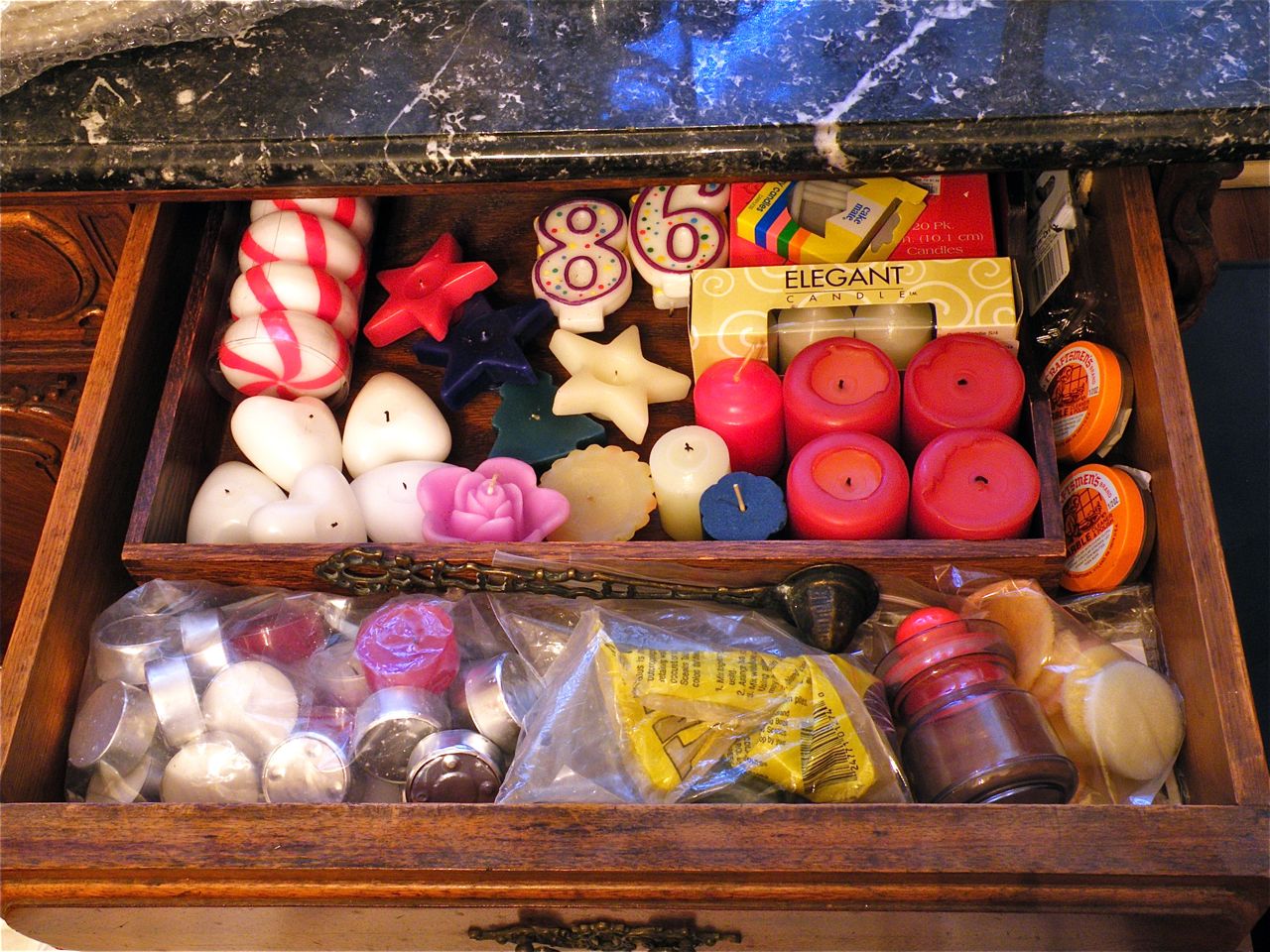

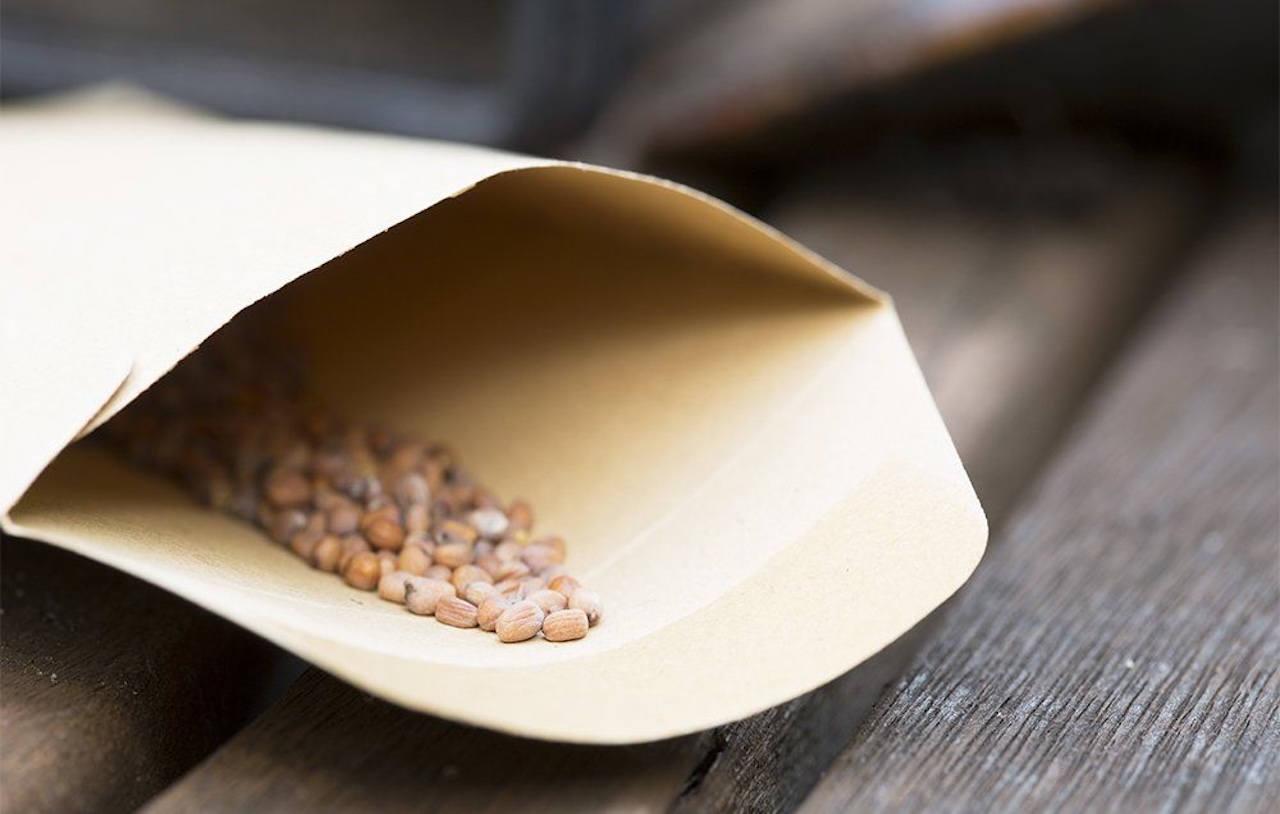
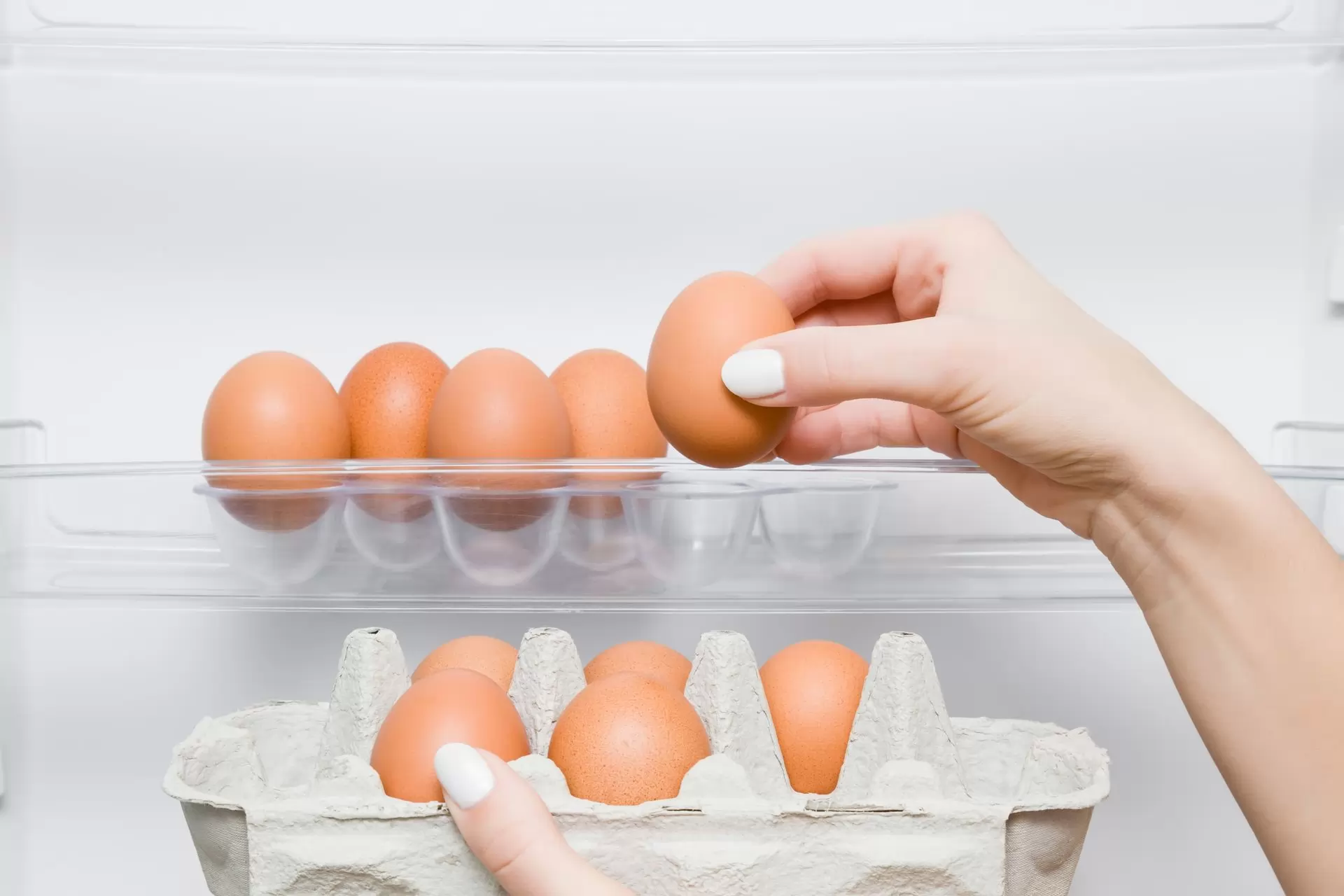


0 thoughts on “How To Store Vinyl Records Properly”